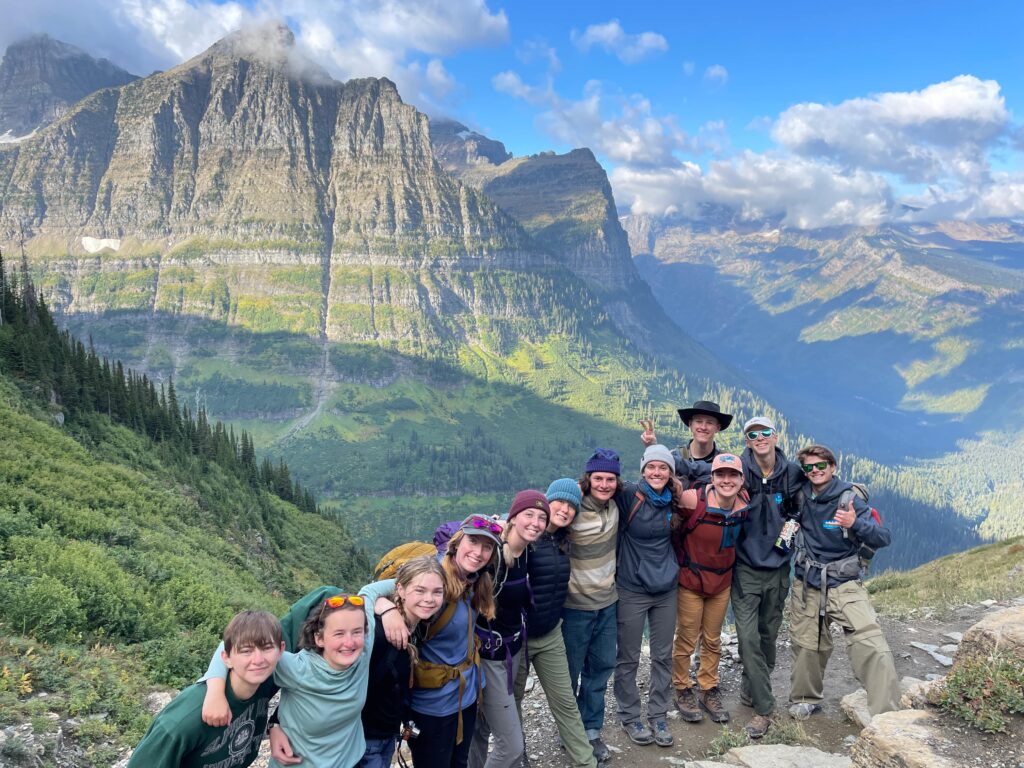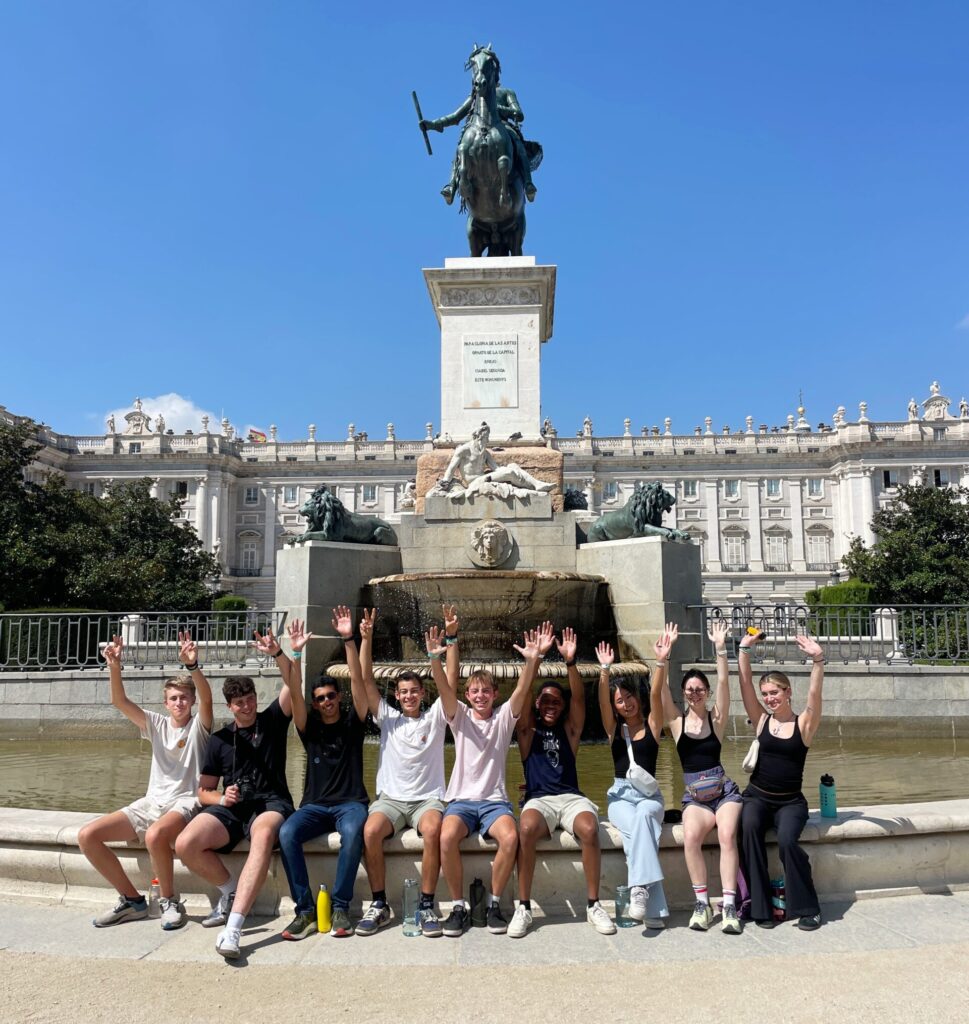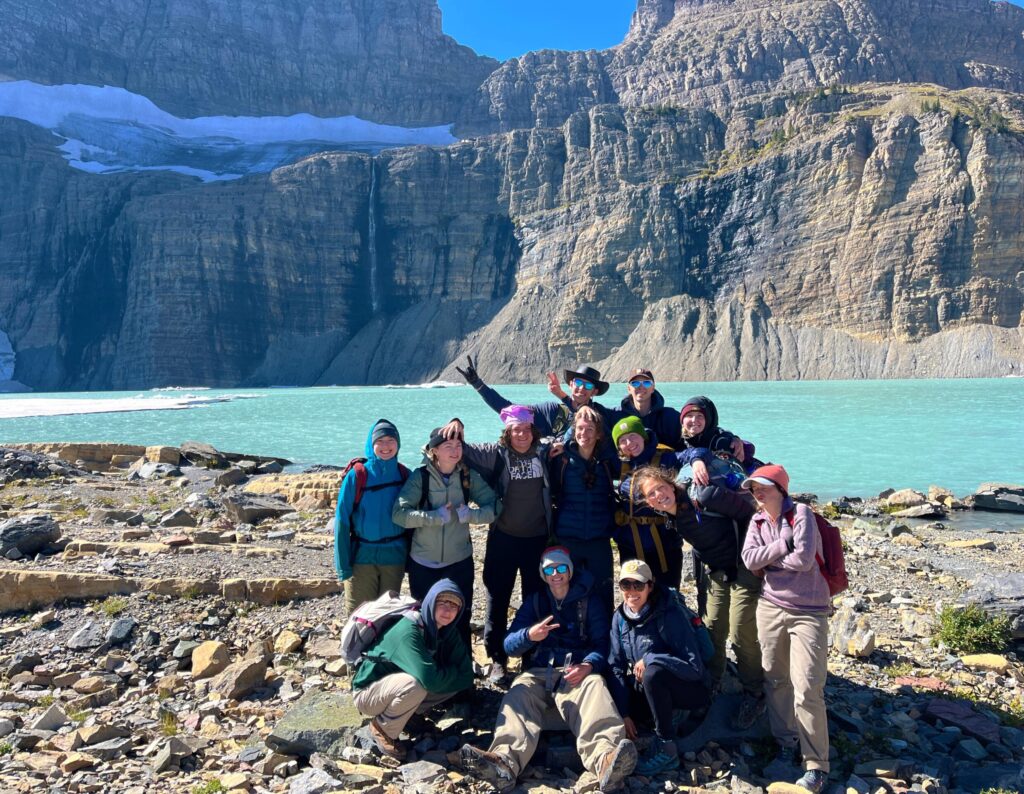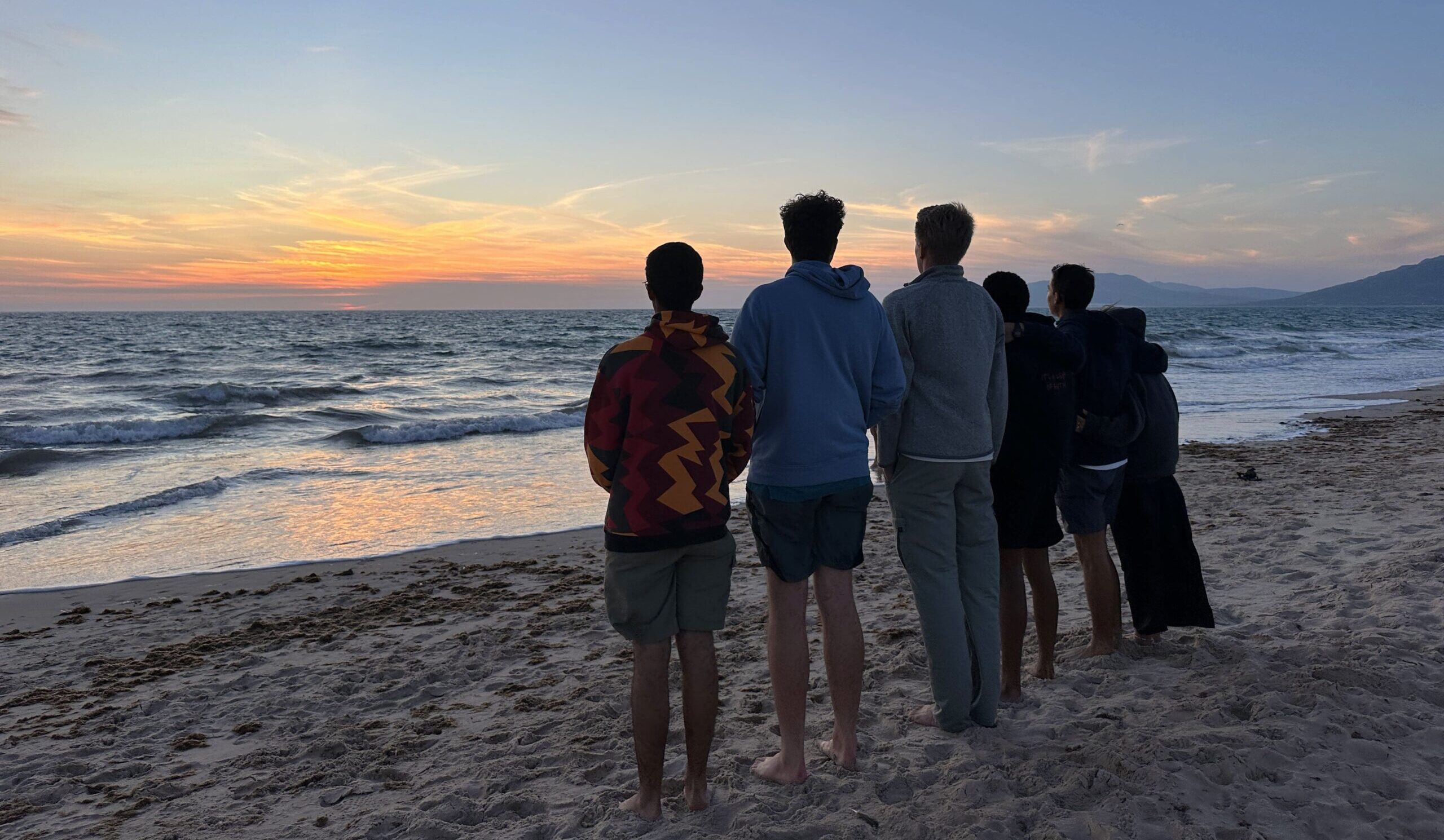It’s hard to put into words the way people change from travel. The small moments where their perspective shifts, where they see outside of their own point of view, or where long-held beliefs are challenged—these provide a window into the initial metamorphosis. But how to summarize the way that small seeds are planted, which can lead to big changes down the line? My co-instructors and I have often commented that we’re only on programs to facilitate the experience—we don’t expect immediate changes in behavior, ideas, or perspectives among students. We don’t ask them to be anyone but themselves—one of the most important things we can do is meet each individual where they are. However, I’d be remiss to say that I haven’t seen changes in students over ten weeks spent traveling, learning, exploring, and overcoming difficulties together on an ARCC Gap Semester.
The changes can be wide-reaching, but three main outcomes stand out to me as a Gap Instructor.
Student Growth: Learning Reflection, Accountability, and Creativity on a Gap Semester

Reflection: Students open their minds to new career paths and ways of living.
Many students embark on a gap semester expecting to clarify what they want to major in in college. Some students even want to find a life passion that will set them on a defined career path. To me, that’s a pretty unrealistic goal to accomplish during 70 days—some very successful people spend their whole lives finding and redefining their ever-evolving passions. While most folks these days find a more circuitous career path, many ARCC students come from high-achieving and academically focused backgrounds and they start with a more narrow mindset.
One student on my Northwest Gap Semester was singularly focused on getting into the field of conservation management. He was well-equipped to ask questions of the experts we met at National Parks on how to break into that field and consistently asked them all what steps they took to get where they are in their field. We noticed a trend as he continued to gather answers—there was no specific recipe! Many of the people working in his desired field emphasized the importance of focusing on what you enjoy, what you’re good at, what skills you want to improve upon—then think about how to combine those into a career. Many gap students will end up working in fields that don’t even exist yet, and as this student learned, it’s important to take time—especially on a gap year—to expand and process all the options you have, as opposed to trying to restrict them immediately.
Some of the best career advice he received was to be adaptable, open-minded, and curious about the fields that he’s drawn to, which would surely lead to more hands-on work experiences and a career that was intentional, yet organic.

Accountability: Students recognize the impact of their actions and gain communication skills.
For many gap students, traveling, working, eating, and recreating with their group for ten weeks is by far the most time they’ve spent with anyone, let alone up to thirteen other people! The close quarters, both physical and emotional, can easily lead to ruffled feathers and frustrations. On my most recent Gap Semester in Spain, Morocco, and Portugal, our students did the math and calculated that they’d spent more total time together over the course of the program than they had ever spent with their closest friends!
With this group, we had to work through annoyances about the way we approached controversial topics. Some people loved talking about politics and religion at the dinner table, and others would have rather focused on lighter and less stressful subjects. It’s easy to lose sight of the impact you can have on others with your words and attitudes, but it becomes abundantly clear when you’re sharing space and spending time together 24/7. Students on this program learn to “own their impact” and start to see from experience the way they influence their group mates, for better or for worse. That’s not an argument for “toxic positivity,” or the denial of any negative feelings, but rather a vote for learning how to communicate their needs clearly, kindly, and consistently. Over time, we observed the students who were uncomfortable with political chat setting their boundaries in healthy ways, practicing putting themselves in others’ shoes and exercising patience. While the students who wanted to have those conversations learned to do so in other settings and not to involuntarily involve those who did not want to participate. This is a challenging thing to do, especially when it’s an underdeveloped ability, but a gap semester is a supportive environment to practice this essential skill for strong relationships moving forward.
Taking accountability for one’s own part in any difficult situation is a key way to work towards a solution.

Creativity: Students collaborate and improve their problem-solving abilities.
When students come on an ARCC Gap Semester, they know they’re signing up for a challenging, educational experience that is far from an all-inclusive vacation. They’re not only living and working alongside the same people for months, they are constantly put in new environments, navigating different places and cultures, and participating in service learning activities. This requires a high level of flexibility, and ultimately creativity, to be able to meet these challenges and make this unique lifestyle work for them.
One of the most significant assignments students are tasked with towards the end of the semester is the Student Planned Module Challenge (SPMC). This is a five-day portion of the program when the students plan the accommodations, food, transportation, and activities for the whole group. On the Northwest Gap Semester, this was something everyone was enthusiastic about, and at first, ideas abounded. However, the laid-back attitude of the group led to a bit of a vacuum in leadership, and the idea that someone else would pick up the slack pervaded. By day three, we found ourselves in pouring rain at a campsite where there wasn’t much to do and no one was having a good time. Given that we instructors are not meant to help during the SPMC, except for emergency situations, we simply pointed out our observations to the group about the lack of decisive leadership and gave them the chance to turn it around. They gathered to assess their options, reviewed their budget, and held a vote for their next steps. Before we knew it, we were on our way to a new town that we were excited to visit and stayed in nice, indoor accommodations where we could finally take a shower and dry out our belongings!
It was easy to fall into the trap of “it will all just get figured out”—that’s what we instructors were there to do for them the rest of the program! In traditional education, we’re not often given such an open-ended task like the SPMC, so my co-instructor understood that it was a considerable challenge. When the students were asked to step up to the plate, they didn’t anticipate how complex the challenges would be—the wet weather, lack of facilities, and desire to do something different than what was planned were a surprise. Everyone agreed that it was a good lesson learned—they could have benefitted from a more detailed plan, managing responsibilities more specifically, and self-advocating more clearly for what they wanted to do.
But at the end of the SPMC, they came together as a group to find a creative solution to their challenge and we ended up having a blast—minus that one rainy night.
